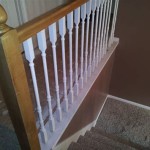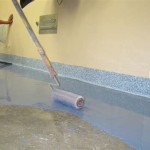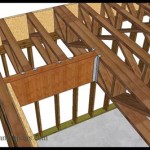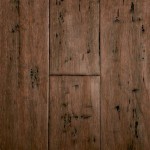Essential Aspects of Lumber Liquidators Chinese Flooring Lawsuit
Following an in-depth investigation by "60 Minutes" in 2015, Lumber Liquidators faced legal scrutiny over the origin and legality of its Chinese-sourced laminate flooring products. The allegations, controversies, and legal proceedings that ensued have had a significant impact on the company and the wider flooring industry. Here are essential aspects of the lawsuit that shaped its trajectory:
Allegations of Illegal Timber Harvesting
The primary allegation against Lumber Liquidators was that they knowingly purchased and sold illegally harvested timber from Russia and other countries, via Chinese manufacturers. The timber was said to have been obtained from endangered or protected forests, raising concerns about environmental conservation and potential violations of international trade laws.
Environmental Impact and Ethical Concerns
The allegations triggered widespread alarm among environmental organizations and consumers who value sustainable forestry practices. The illegal harvesting of timber can lead to deforestation, loss of biodiversity, and disruption of forest ecosystems. Lumber Liquidators faced backlash for allegedly contributing to these environmental damages.
Legal Proceedings and Investigations
Following the initial "60 Minutes" exposé, investigations were launched by the U.S. Justice Department and the Environmental Protection Agency (EPA). The company faced charges under the Lacey Act, which prohibits the import and sale of illegally harvested timber products. In 2016, Lumber Liquidators pleaded guilty and agreed to pay fines and penalties totaling $13 million.
Consumer Lawsuits and Class Action Settlements
In addition to the criminal charges, Lumber Liquidators also faced several consumer lawsuits alleging fraud, misrepresentation, and breach of warranty. Shareholders also filed lawsuits claiming losses due to the company's alleged misconduct. The company ultimately settled these lawsuits for a total of $37 million, providing compensation to affected consumers and investors.
Impact on the Flooring Industry
The Lumber Liquidators scandal raised questions about the sourcing and sustainability practices of the entire flooring industry. Consumers became more aware of the environmental implications of their flooring choices, leading to increased demand for certified and sustainable products. The lawsuit also prompted stricter enforcement of international trade laws related to timber harvesting.
Legacy and Lessons Learned
The Lumber Liquidators Chinese flooring lawsuit serves as a cautionary tale about the importance of ethical sourcing and corporate responsibility. Companies face scrutiny and legal consequences for engaging in unsustainable or illegal practices. The case has also highlighted the need for transparency and accountability throughout the supply chain, especially in industries dealing with natural resources.

Lumber Liquidators Faces New Class Action Lawsuits Over Formaldehyde Flooring Aboutlawsuits Com

Lumber Liquidators Chinese Flooring Problems May Be Impacting Homes Nationwide Aboutlawsuits Com
Lumber Liquidators Recalls Chinese Laminate Flooring

Lumber Liquidators Pulls All Chinese Made Laminate Flooring

Here S How To File A Claim For Your Piece Of The Lumber Liquidators Settlement

Lumber Liquidators Flooring Lawsuits Kyros Law Group

Lumber Liquidators Stock Plunges Certain Laminate Flooring Elevates Cancer Risk Cdc Says

Lumber Liquidators Under Scrutiny For Alleged Health And Safety Violations Mesothelioma Law Firm

Lumber Liquidators Agrees To Settle China Made Flooring Class Actions For 36m

Ll Flooring Wikipedia
Related Posts








